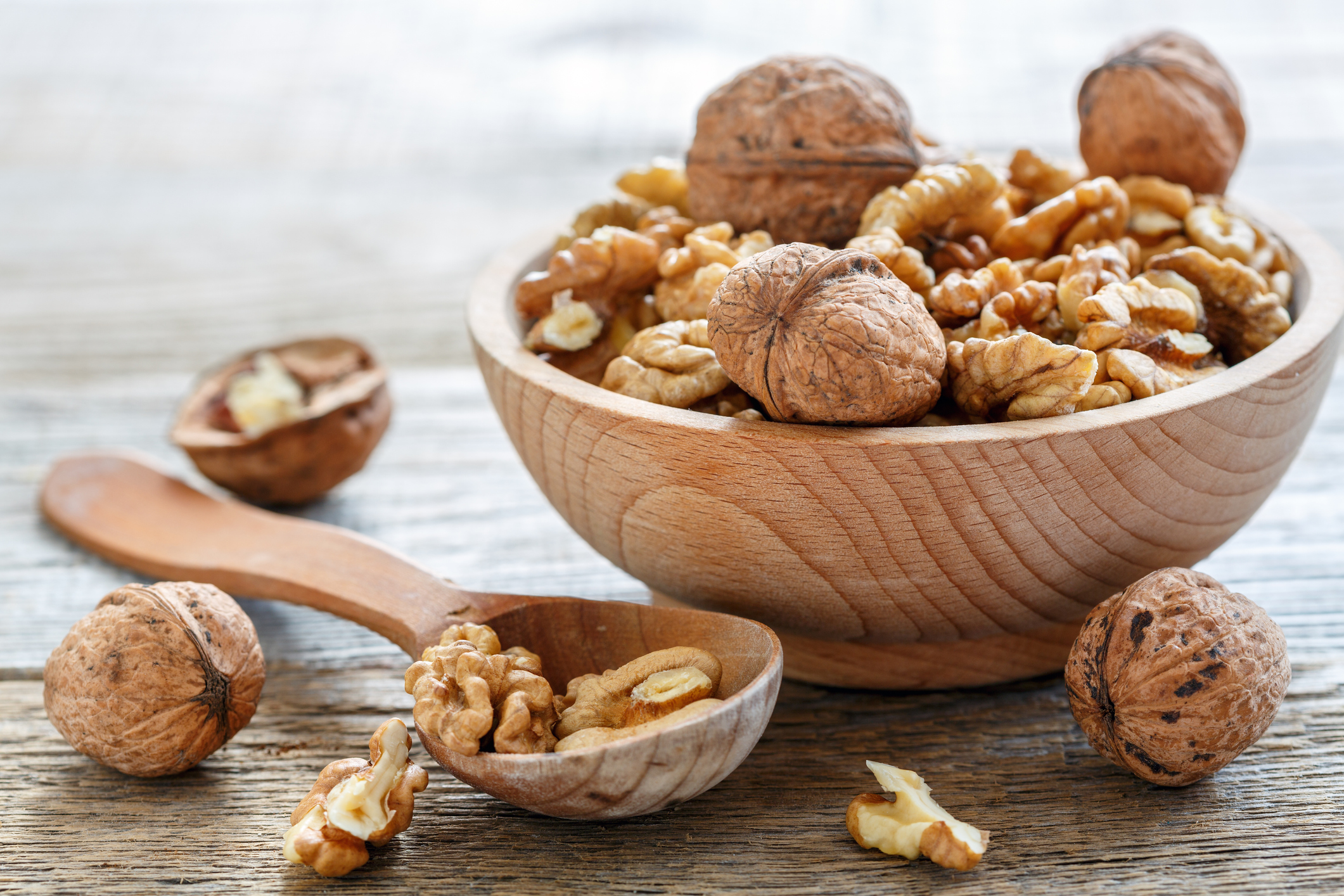Whether planning an intimate Thanksgiving dinner or the weekly shopping list, choosing nutritious whole foods can help boost immunity and reduce the risk for chronic health conditions. Adding walnuts to your daily diet may help reduce inflammation, lowering the risk of heart disease among older adults, recent research has discovered.
As reported by Cardiology 2.0, a new study published in the Journal of the American College of Cardiology found that people in their 60s and 70s who regularly consumed walnuts may have reduced inflammation, a factor that contributes to cardiovascular disease. The study included more than 600 healthy older adults. Researchers found that among those who consumed 30 to 60 grams of walnuts per day for two years, there was a strong association with reduced rates of heart disease compared with those who followed their typical diet.
In addition to lowering cholesterol, walnuts provide an anti-inflammatory effect. While short-term inflammation as a response to trauma or infection can help heal the body, chronic inflammation caused by a poor diet, obesity, stress and high blood pressure can lead to hardening of the arteries. The buildup of plaque in arteries caused by ongoing inflammation can lead to heart attack or stroke.
How much?
A 30 gram serving of walnuts is equal to 10 whole walnuts and about 196 calories. Sprinkle a small handful on soups and salads, puree with sauces or smoothies or add to yogurt and cottage cheese.
Other anti-Inflammatory foods:
- Leafy green vegetables (kale, spinach, cabbage, arugula)
- Yellow vegetables (pumpkin, yellow peppers, beans, carrots)
- Whole grains
- Coffee, tea and wine (in limited quantities)
Limit these Inflammation-causing foods:
- Refined grains
- Refined sugars
- Fried foods
- Soda
- Processed, red and organ meat
Learn more about how food choices can help fight inflammation that can lead to a higher risk of cancer, diabetes, heart disease, and other chronic health conditions by following this link to the Mayo Clinic’s Healthy Lifestyle page.






Add Your Voice
0 Comments
Join the Discussion